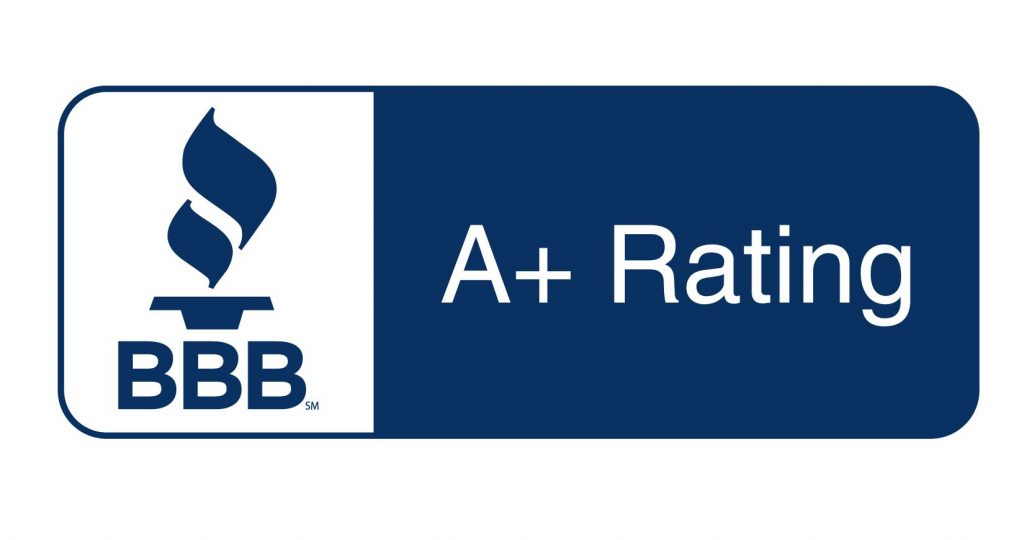Your very first opportunity to enroll in Medicare is during your unique Initial Enrollment Period (IEP). Missing this window can lead to penalties and gaps in coverage, so it’s important to know how it works and what steps to take to ensure your coverage.
What Is the Medicare Initial Enrollment Period?
The Medicare Initial Enrollment Period, often abbreviated as IEP, is the first chance for most people to enroll in Medicare. It is a 7-month window surrounding your 65th birthday, and it’s your time to sign up for Medicare coverage without facing late enrollment penalties.
Who is eligible for the IEP? Anyone who is a U.S. citizen or legal resident and turns 65 years old becomes eligible to enroll in Medicare during this time. Additionally, people under 65 who have been receiving Social Security Disability Insurance (SSDI) for at least 24 months are also eligible. Your IEP is especially important because missing this enrollment period can result in financial penalties and delays in accessing healthcare coverage.
When Does the IEP Occur?
The Initial Enrollment Period is a seven-month timeframe that begins and ends around your 65th birthday. It includes the three months before the month you turn 65, the month you turn 65, and the three months after the month you turn 65.
For example, if your birthday is on June 10, your IEP would run from March 1 to September 30. Enrolling early during the first three months ensures your coverage begins promptly on the first day of your birthday month. Waiting until later in the window could delay your coverage start date.
What Can You Do During the IEP?
Your IEP offers several important enrollment opportunities, allowing you to set up your Medicare coverage to best meet your needs. During this time, you can enroll in several different types of coverage.
Medicare Part A and Part B: Medicare Part A (Hospital Insurance) covers inpatient hospital care, skilled nursing facility care, hospice, and some home health care. Most people qualify for Part A premium-free if they or their spouse have paid Medicare taxes for at least 10 years.
Medicare Part B (Medical Insurance) covers outpatient services, doctor visits, preventive care, and durable medical equipment. Part B requires a monthly premium, which is based on your income.
Medicare Advantage (Part C): Medicare Advantage plans are offered by private insurance companies and combine the benefits of Parts A and B. Many also include prescription drug coverage and additional benefits, such as dental, vision, and hearing. If you opt for a Medicare Advantage plan, you usually don’t need separate Part D or Medigap coverage.
Medicare Part D (Prescription Drug Coverage): Part D plans help cover the cost of prescription drugs. These plans are also offered by private insurers and vary in terms of premiums, covered medications, and out-of-pocket costs. Even if you don’t take many prescriptions now, enrolling in Part D during your IEP is essential to avoid penalties later.
Medigap (Medicare Supplement): If you choose Original Medicare (Parts A and B) instead of Medicare Advantage, you can buy a Medigap policy to help cover out-of-pocket expenses like deductibles, coinsurance, and copayments. Medigap plans work alongside Original Medicare and offer additional financial protection.

Common Questions About the IEP
What happens if I miss my IEP?
If you miss your IEP, you’ll likely need to wait for the General Enrollment Period (January 1 to March 31). You may also face late enrollment penalties for both Part B and Part D.
Can I change my plan after enrolling?
Yes, you can make changes during the Annual Election Period (October 15 to December 7) or, in certain situations, during a Special Enrollment Period. You can also switch Medigap plans anytime during the year, as long as you are healthy enough to pass medical underwriting. (Some states have additional Medigap enrollment periods that may allow you to change your Medigap plan without answering health questions.)
What if I have employer-provided coverage at age 65?
If you’re still working and have employer coverage, you may qualify for a Special Enrollment Period to sign up for Part B without penalties after your IEP ends. Always consult with your benefits administrator to understand your options.
Do I need to enroll in Medicare if I have VA or TRICARE coverage?
Even if you have VA or TRICARE, enrolling in Medicare can provide additional coverage options and flexibility. Speak with an expert to determine how Medicare works alongside your existing benefits.
Your Next Steps for Medicare Enrollment
The Medicare Initial Enrollment Period is your gateway to securing essential healthcare coverage as you approach age 65. By understanding the timeline, exploring your options, and taking action early, you can avoid penalties and ensure continuous, comprehensive coverage.
Navigating Medicare can feel complex, but you don’t have to do it alone. At Carolina Senior Benefits, we specialize in helping individuals like you make confident, informed decisions about their Medicare coverage. Contact us today to get personalized assistance and find the plan that’s right for you.





